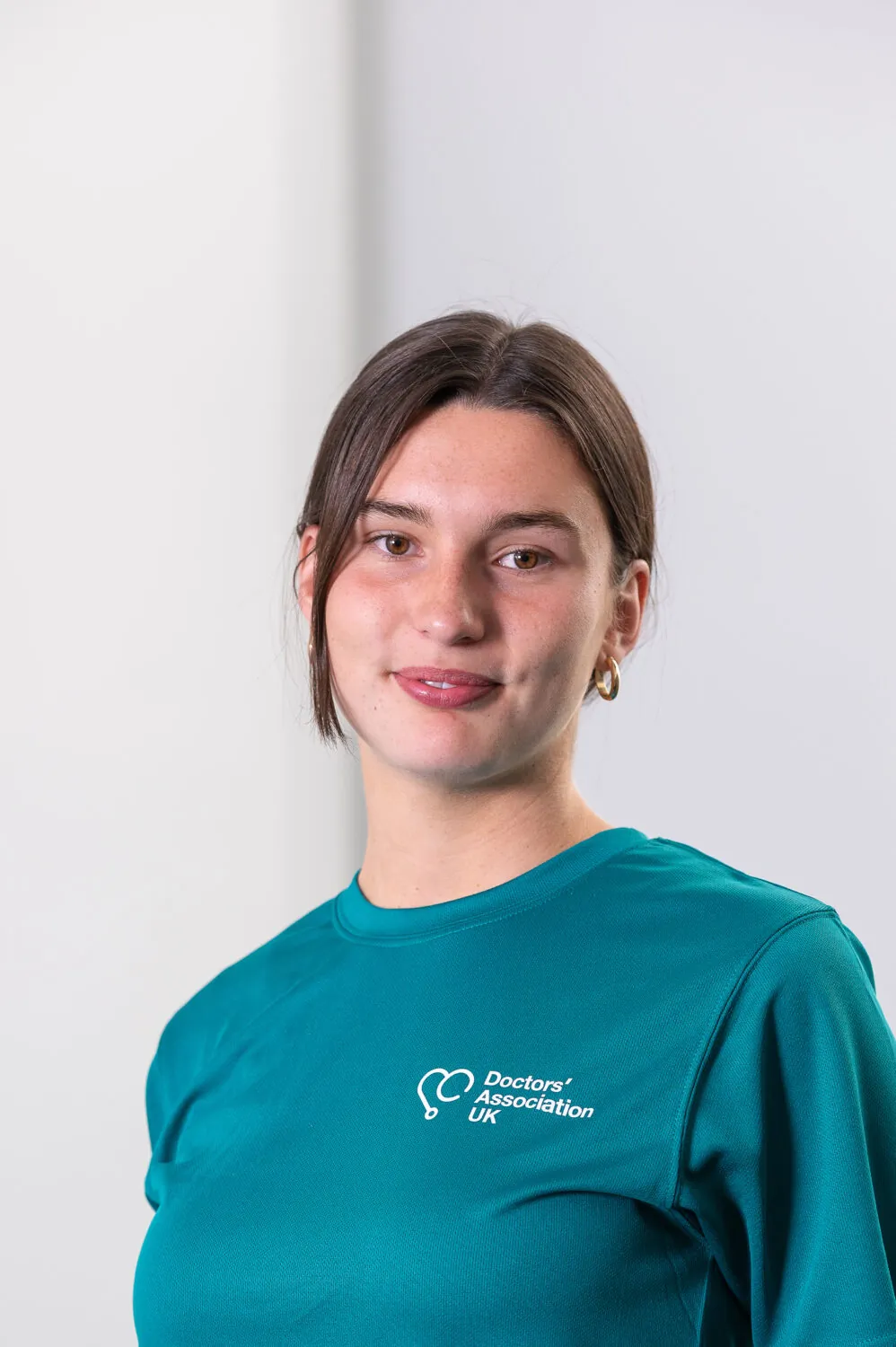The BMJ spoke to a junior doctor, about a charity that she set up to distribute personal protective equipment (PPE) to healthcare staff which promotes the use of reusables in the NHS. DAUK have been working closely with this charity, MedSupplyDrive UK, to distribute PPE and protect frontline workers. The founder of this charity, Jasmine Ho explained:
“MedSuppyDrive UK started last year. There was PPE in our labs not being used and I thought we could redirect it to the frontline. We’re volunteer run. We started off writing to labs and businesses—the donations came flooding in and we had 100 volunteers within a week. To date we’ve circulated around 380,000 items of PPE.
“More recently we started thinking about something more sustainable.
“In the US, they have guidelines for reusables and for decontamination. Why don’t we have guidance here? PPE provision to the NHS frontline has not been adequate. The government says there are not enough FFP3 masks to go around. Our solution? Look at reusables. Anyone who’s facing covid positive patients more than six hours a day should be thinking about reusables. Intensive care units are very well facilitated, but the forgotten few are staff in theatres and those in emergency departments, covid-19 positive wards, and acute medicine wards that see admissions.
“As a charity, our fundamental mission is to protect workers. We’re hoping that we can get the backing of the medical bodies and unions. We’re grateful to be working closely with the Doctors’ Association UK, which has supported us and advocated for us with stakeholders nationally. Changing culture and normalising reusables is one of the main things we want to do. There is almost a stigma associated with their use. We’re also working with manufacturers to see if we can innovate and help them make their masks—which have been geared to the construction industry—more appealing to the healthcare industry.
“We’re hoping trusts will pick this up so we can trial getting people trained up and fit tested for reusables, and then have regular auditing feedback from users on how we can improve compliance, on decontamination matters, and on how we can streamline. There’s a centralised NHS procurement team who are, I am told, looking into this nationally. Having a centralised stamp of approval is what everyone has been looking for, so that the legal concerns that everyone has will hopefully disappear. The main inertia is that no one is willing to put their stamp on it to say, ‘look, this could work’.”





